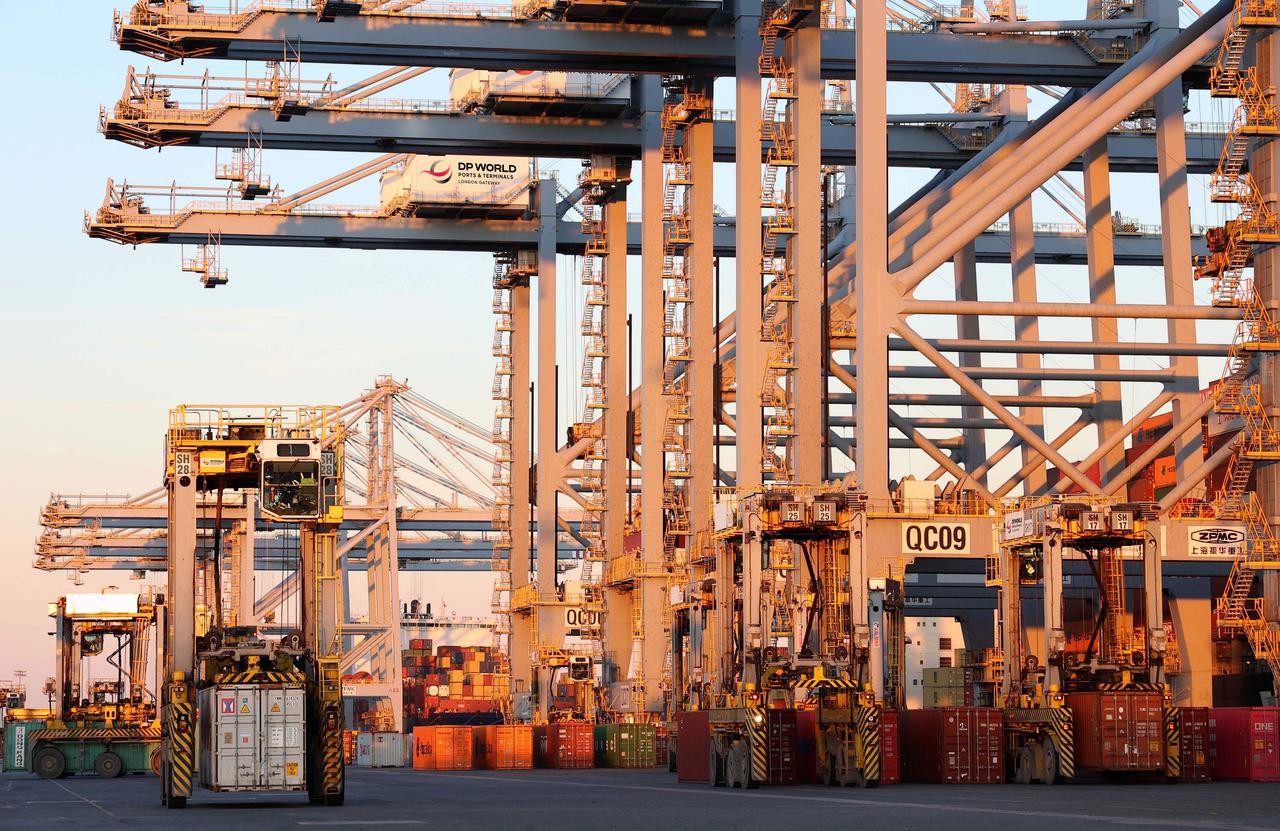
By Enda Curran, Wall Street Journal
SYDNEY—Australia will introduce major tax breaks for shipping companies and a new international register for the 200 billion Australian dollar (US$213 billion) industry, the world’s fourth-largest shipping market by volume.
Some 10% of the global sea trade is managed in Australian ports, employing more than 14,000 people. But although 99% of the Pacific nation’s trade is sea-borne only a tiny fraction is carried in Australian flagged vessels.
At the core of the shipping plans are tax breaks for companies and employees, an Australian international shipping register, a new licensing regime and steps to boost skills development, all set to be implemented from July 2012.
Currently 22 Australian-registered major trading ships operate in the country’s waters, down from 55 in 1995. Just four of these vessels, gas tankers, are dedicated to international trade.
“If we do not act now the Australian shipping industry will be lost forever,” said Anthony Albanese, infrastructure minister in a keynote speech here, citing national security, the economy and environment as key themes behind the reforms.
In the tax changes, Australian resident companies with locally registered vessels won’t pay company tax, qualifying income from shipping and royalty withholding tax will be exempted. In an effort to speed up renewals of an ageing fleet the depreciation rate will be cut to 10 years from 20 years. Roll over relief will also be offered and tax offsets will be available to Australian employers of resident seafarers who work in international trade.
But to qualify for the tax breaks, vessels must be Australian flagged and meet other conditions, including staying in the regime for at last 10 years.
A new International Shipping register will be established to attract companies to boost the number of ships carrying the Australian flag and a range of changes will be made to the existing licensing rules on access to the coast.
Other measures include boosting the skills of sea hands and a new deal between employers and unions.
“We think it’s a pretty good package,” said Llew Russell, chief executive officer of Shipping Australia, a representative body for Australian and international shippers. Unions also backed the proposals. Paddy Crumlin, national secretary of the Maritime Union of Australia said the measures will boost Australian based shippers competing offshore.

 Join The Club
Join The Club











